Work: A History of How We Spend Our Time
£10.70£12.30 (-13%)
_______________
‘A fascinating exploration that challenges our basic assumptions of what work means’ – Yuval Noah Harari
‘There is eminently underlinable stuff on most pages … Fascinating’ – The Times
‘One of those few books that will turn your customary ways of thinking upside down’ – Susan Cain
‘Illuminating’ – New Statesman
_______________
A revolutionary new history of humankind through the prism of work, from the origins of life on Earth to our ever more automated present
The work we do brings us meaning, moulds our values, determines our social status and dictates how we spend most of our time. But this wasn’t always the case: for 95% of our species’ history, work held a radically different importance.
How, then, did work become the central organisational principle of our societies? How did it transform our bodies, our environments, our views on equality and our sense of time? And why, in a time of material abundance, are we working more than ever before?
Read more
Additional information
| Publisher | 1st edition (2 Sept. 2021), Bloomsbury Publishing |
|---|---|
| Language | English |
| Paperback | 464 pages |
| ISBN-10 | 1526605023 |
| ISBN-13 | 978-1526605023 |
| Dimensions | 20 x 3.5 x 12.9 cm |

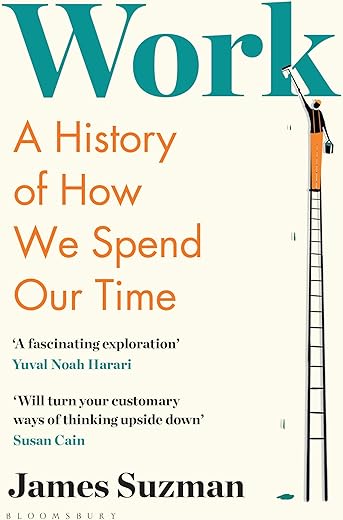
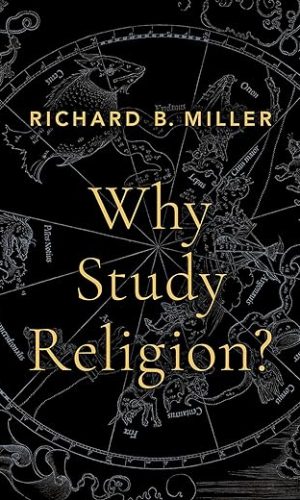

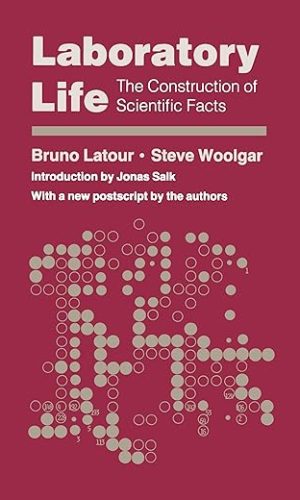

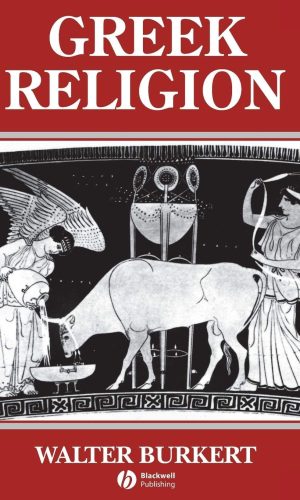

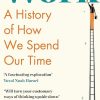
by Geoff Crocker
This is a fascinating informative engaging book, but one which doesn’t much address the subject of its title.
James Suzman covers lots of topics including masked weaver birds, Kalahari and other tribes, the role of fire, animal labour, slave labour, Ricardo’s labour theory of value, barter and money economies, the Roman empire, industrialisation and Luddites, inequality, the manufacturing efficiency of Taylorism, Lubbock and reduced hours of work. But the cases discussed are a small sample to conclude that ‘for 95% of our species’ history, work did not occupy anything like the hallowed place in people’s lives that it does now’ (p127), even if this is true.
Of more contemporary relevance, Suzman covers ‘The Great Decoupling’ whereby real wages flatlined against soaring productivity (p350), and the bifurcation of the labour market into huge executive salaries and the impoverishment of undervalued jobs (p352), with amusing special derision for the McKinsey consulting company (p355, 393), workaholism, and environmental damage. Automation has led to false jobs, a bulging service sector, and ‘bureaucratic bloat’ (p385), all of which are derivative phenomena and not necessarily justified per se, – ‘jobs that served no obvious purpose other than giving someone something to do’ (p383), with low job satisfaction (p387).
Following this extensive background, Suzman does not go on to address the core implications of automation and associated unemployment, ie loss of work as income, role, and activity. He makes only short mention of universal basic income (p410), which has some claim to be an essential remedy to technological unemployment, since in a totally automated economy with no work or wage, UBI would be the only and necessary source of income. Human ontology, identity, dignity, and fulfilment will no longer rely on employment in factories and offices, but will be more intrinsic. This may represent a challenge to humanity, but one which promises fruitful outcomes. It is this philosophical switch in self-understanding from a paradigm of work dependency which Suzman could usefully have examined further.
by Simon Roberts
Work – where we do it, whose labours we value and its disappearance at the hands of a pandemic or new forms of automation – has rarely been so topical. That makes this a very timely book. But with its vast historical range, from the origins of life of earth, the emergence of agriculture and cities to b&llshit jobs and a world of job eating AI, this book tells a different story of work. It’s an account that helps us understand better our relationship with it, a relationship that is common in the natural world – a desire to expend energy and in doing so find a sense of purpose and make meaning, even from sometimes mundane activities. It’s also tale which shows that many of the assumptions we have about how we spend our time (and why) came with the agricultural revolution and the first cities and are not iron laws of the life for Homo sapiens. Faced with rapid ecological and technological change we may or may not become less busy, but we are highly likely to be spending our time, and expending our energies, in different ways. In fact, this book argues, we must.
If you’re a fan of ‘deep’ histories à la Yuval Harari you’ll love this book. It zips along, wears its scholarship lightly, and offers many a profound insight along the way. Perfect for these WFH times we live in now and for thinking about what might, or must, come next.
by Ms. J. Hobsbawm
It is essential that we understand the history and culture of work past and present, so we can begin to map out its future. This book is an important contribution to this field. It is highly readable, filled with salience and I enjoyed it very much.
by tess
This is a sort of iron age to pretty much current anthropological review of work, and cultural development of people as you go along. It wasn’t the book i was looking for, admitedly, but it was very interesting and sometimes you just happen across what might be the sort of book you need.
by D. Sanders
I enjoy books that look at how we have developed from early settlements to the modern day. Although the title is about Work, I look at this book being more of a social anthropology on how we have and do spend our time. There is a basis of comparison with ethnic tribes in southern Africa who still follow a forager way of life as this is an area where the author has spent a lot of his time. Clearly this is an enormous topic and so the author has to be selective about what he includes in a 400 page book. However I found most of the book very interesting and I added to my knowledge. If you want to pursue an interest in this subject and how we have developed over time then this is a worthy read.
by MR Balch
A really enjoyable and fascinating read. It never felt judgmental but simply offered a history to mankind’s relationship with work. It kept me enthralled all the way through and look forward to rereading it in the not too distant future.
by Nuno Reis
In a most needed subject, the author truly loses himself, throwing all his knowledge into endless paperwork, losing the reader’s interest and failing to accomplish in passing his message.
It would have been beneficial to remove much academic material and assume the reader is not at his level of knowledge and rather synthesise the main ideas in writing easy to read.
If the author’s message was that we need to change the concept of work as something painful and demotivating, he did a very poor job of writing this book.
It takes a lot of painful work to read his book, and at some point, it becomes demotivating.
by O Ho
Fascinating look at the history of work from pre agricultural humans through to the modern age. The book doesn’t say how we should work, or what work is best to pursue, although understanding the history of work itself will help you form your own viewpoint